.jpg)
Hey there! This is Platform Weekly, your weekly journey into the fiery core of the platform engineering world. Every week I break down key topics in the platform engineering universe.
This is how to become a platform engineer

In the next few weeks, the platform engineering community will launch one of the first ever platform engineering courses and certification tracks. It is the topic I think I have been asked about the most over the last 3 years. Across live events, Slack, and replies to this newsletter - I get asked almost every day.
“How can I become a platform engineer? And do you have courses?”
It’s no wonder that this question is on everyone's mind. Community events like PlatformCon have grown from 10k attendees to 35k attendees in just 3 years, the Slack community has exploded in size and activity, and research shows that Platform Engineers can earn up to 42.5% more than DevOps. Hell, my article “How to Become a Platform Engineer” sat at the top of trending on The New Stack for weeks…
So, that brings us to the question. What does it mean to be a platform engineer, and how do you become one?
First, understand what that actually means. It’s not as simple as just changing your job title on LinkedIn from “DevOps engineer” to “platform engineer”. Platform engineers build and run their companies' Internal Developer Platform, and think beyond the idea of just tech and tools, to operate with a platform as a product mindset that sees their developers as customers.
If you want to be a successful platform engineer, you need to ask yourself:
- How will you do user research to deliver something that solves real pain points?
- How do you define golden paths that developers will love, so as to help ensure a high adoption rate for your platform?
- How do you find the right level of abstraction that lowers cognitive load for developers without removing all the context?
- How will you market the platform to all relevant stakeholders? How will you organize stakeholder buy-in to gain funding for your platform engineering initiative?
- Will you start with a minimum viable platform (MVP)? Or plan a really large initiative to cover all eventualities, even though it will probably take years to build?
Most Ops professionals don’t ask themselves these questions. But this is exactly what you need to know if you want to be a platform engineer.
So, you’ve read all this and aren’t scared off? Let’s get started!
I’d recommend registering for PlatformCon (ofc), and starting with my TNS article. Then watch this content on the community youtube channel or if you want to jumpstart all this, join the waiting list on the Platform Engineering website.
Quick bites

Articles that blew me away:
From the community:





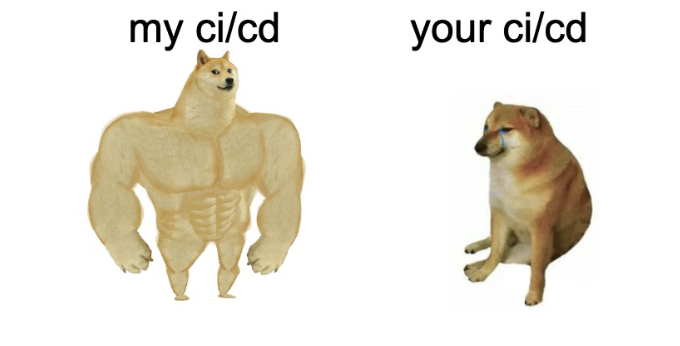
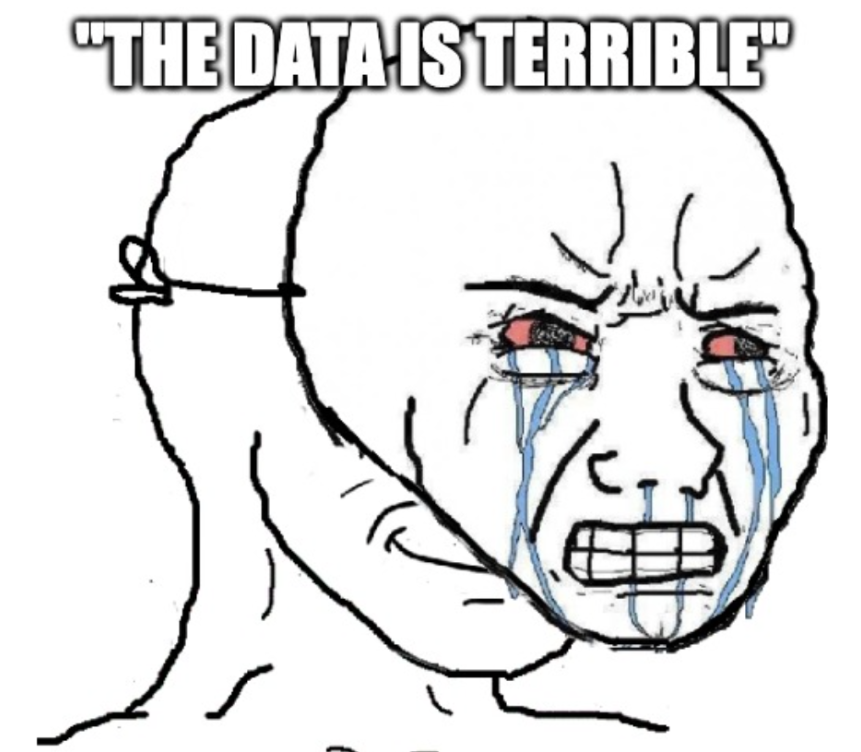


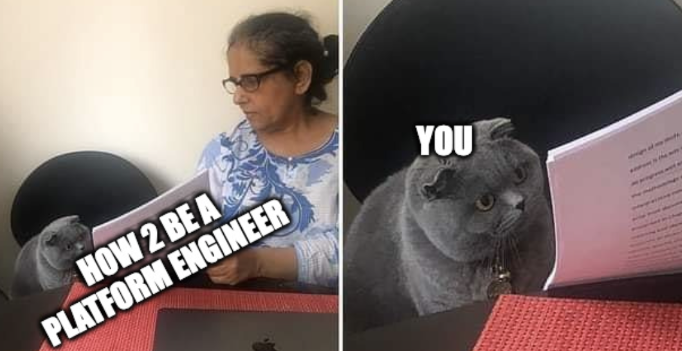

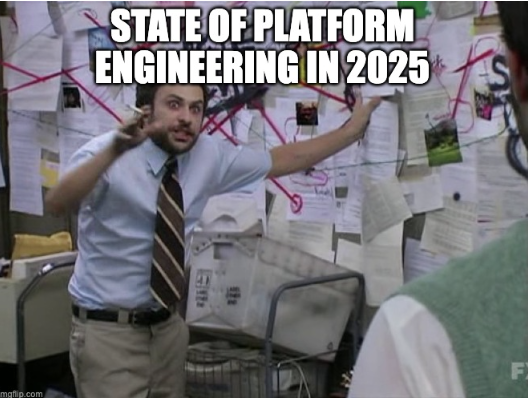
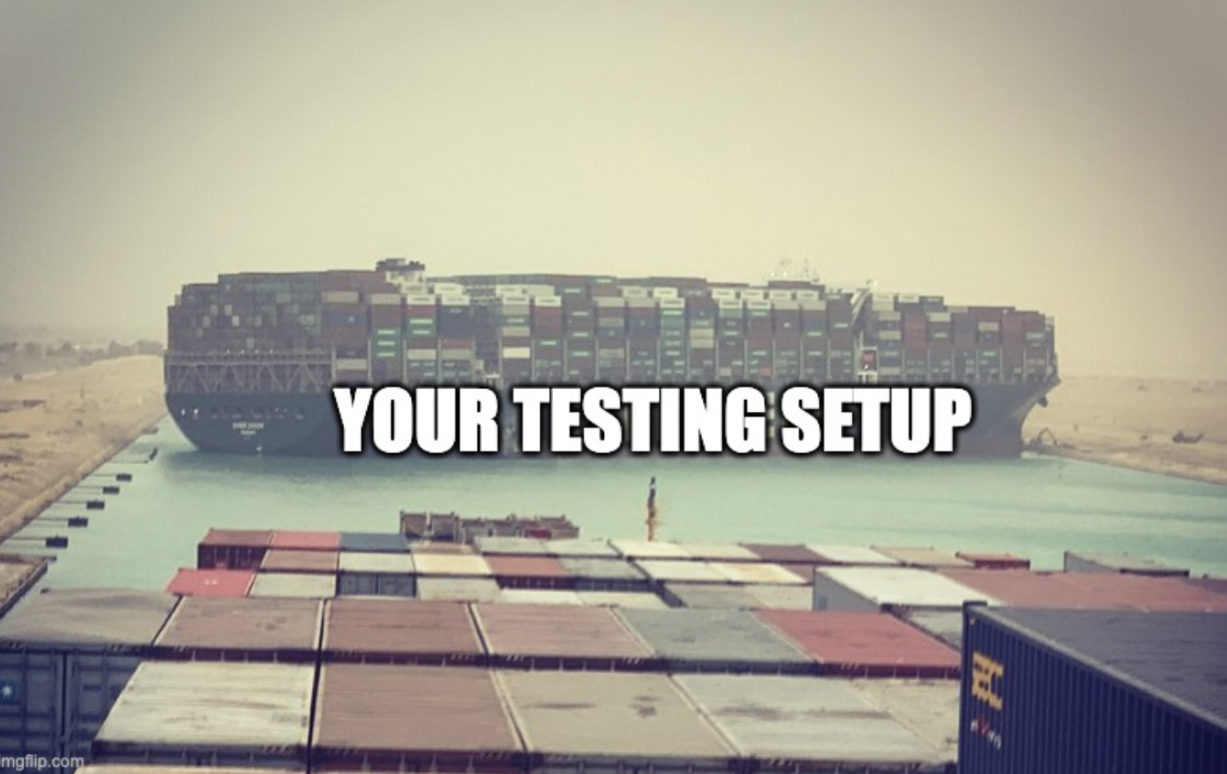



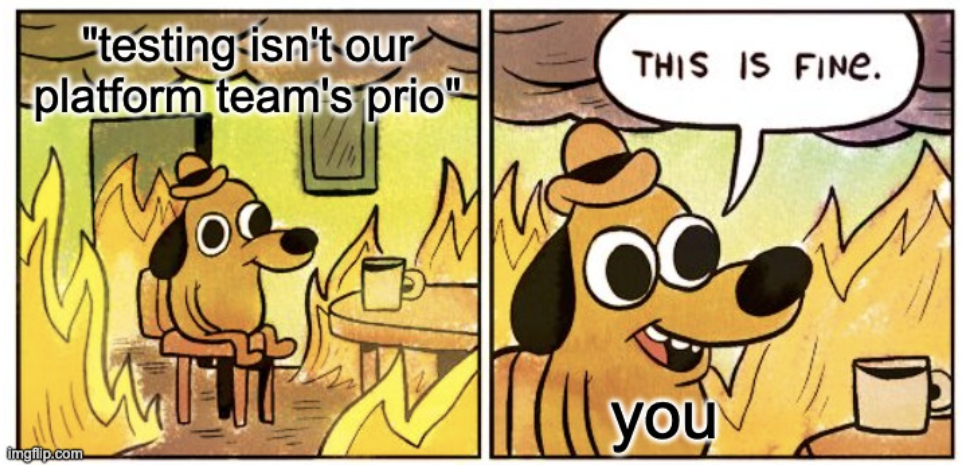
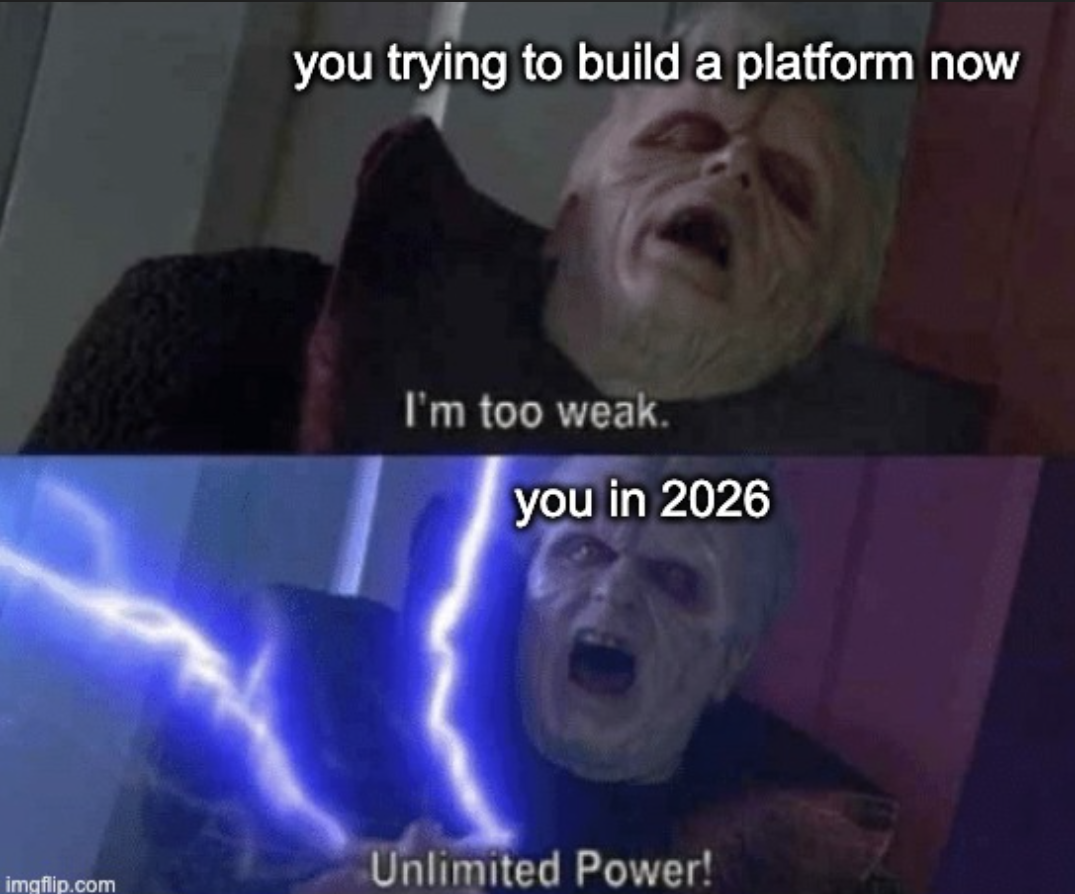
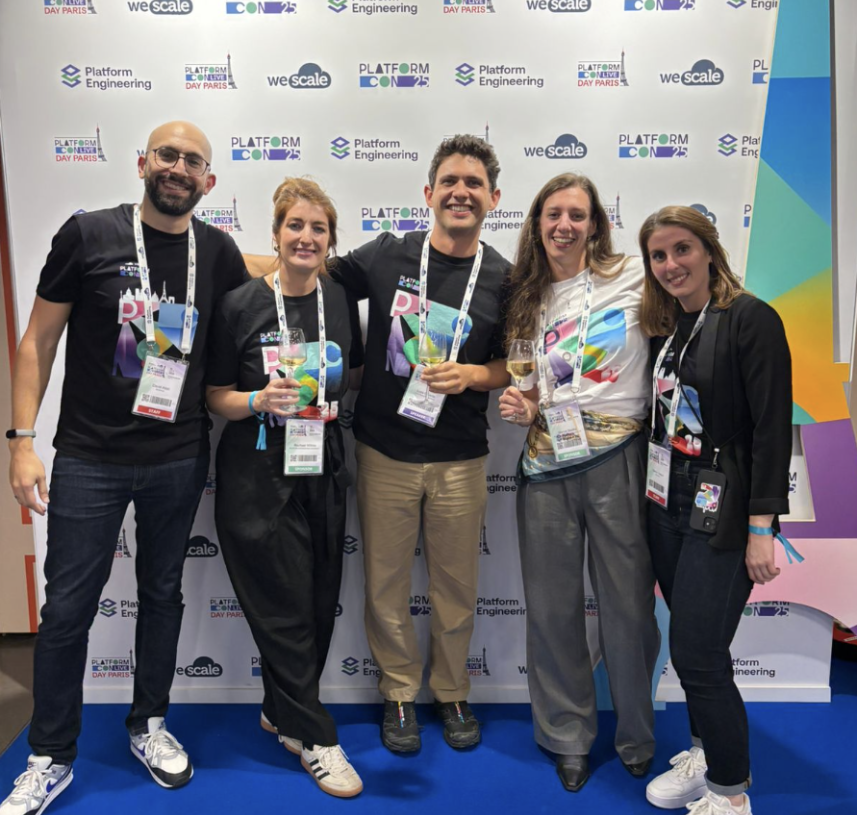
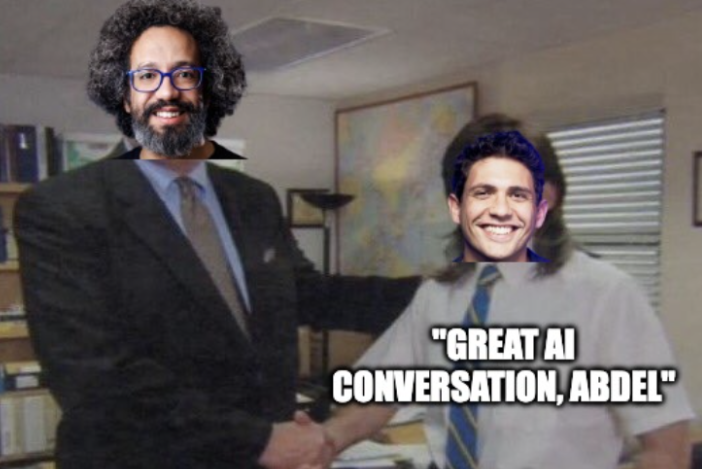


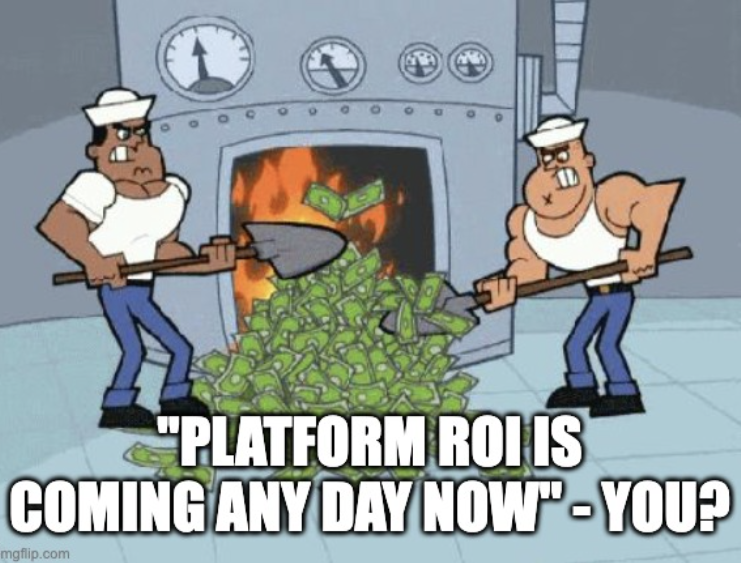

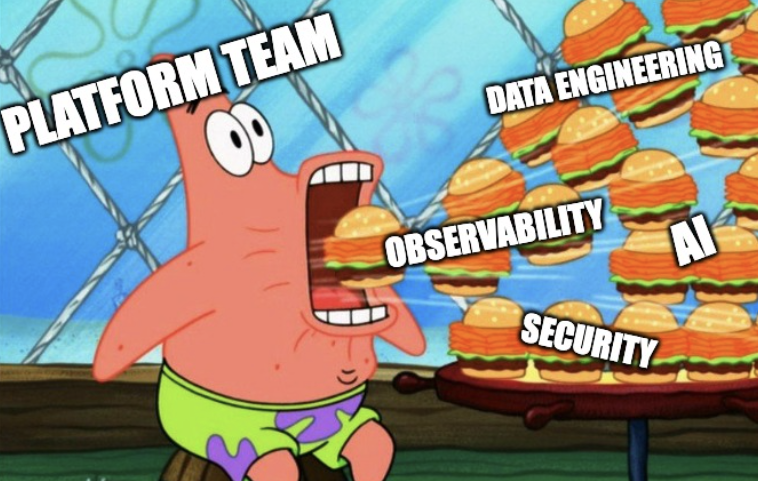
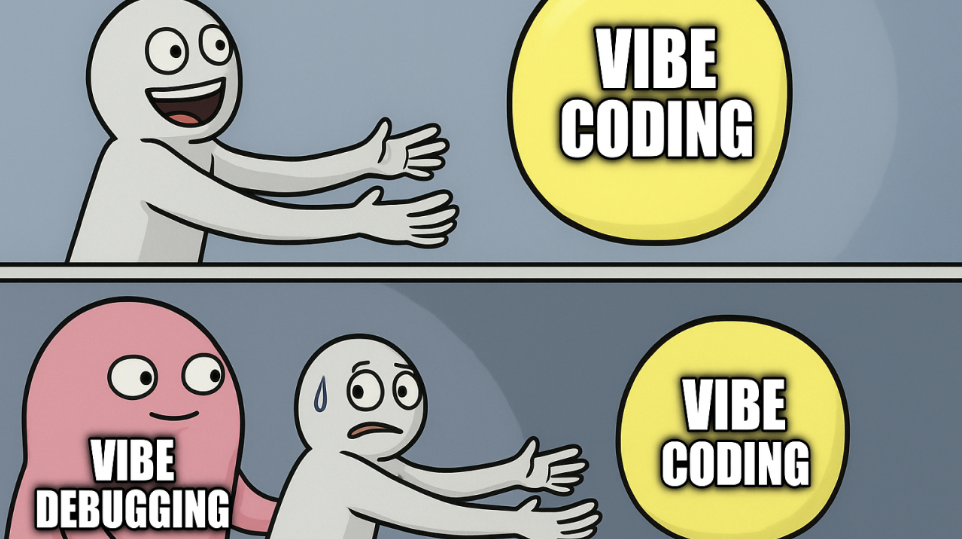

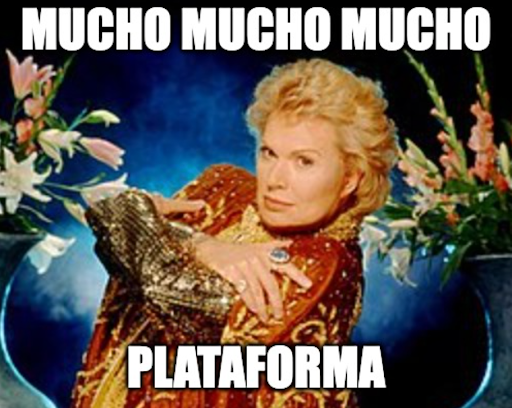
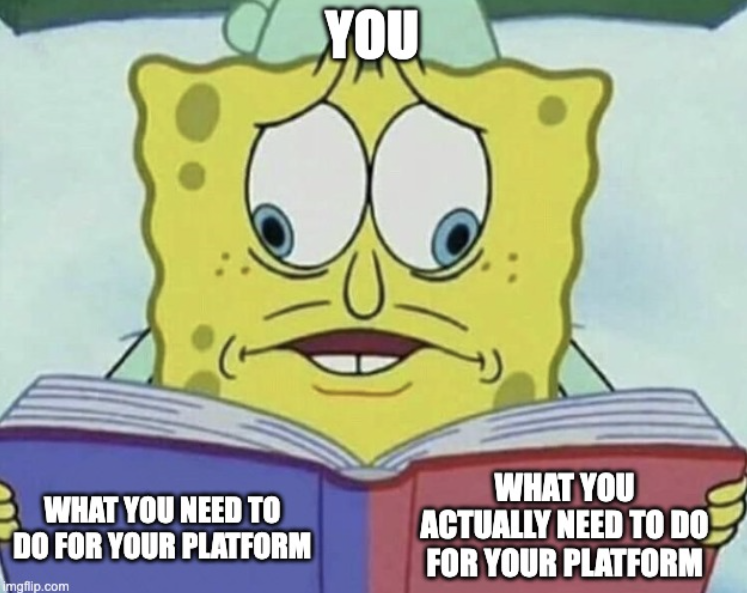
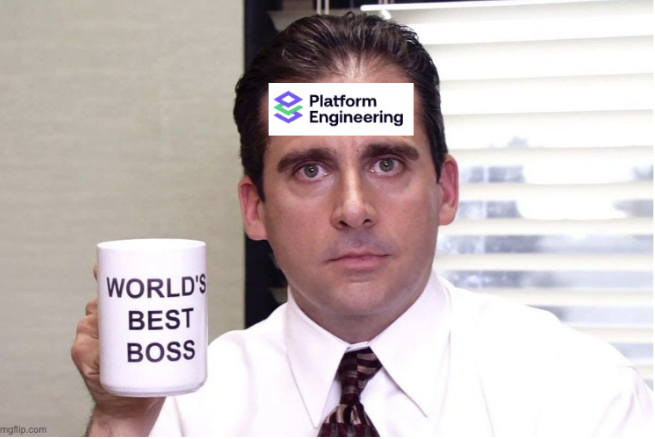
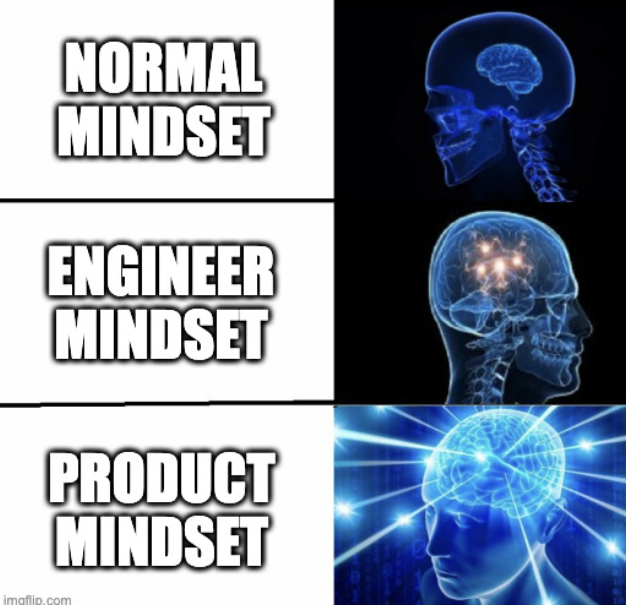
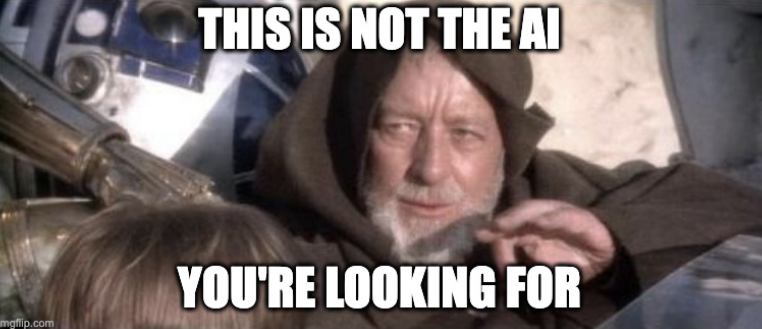
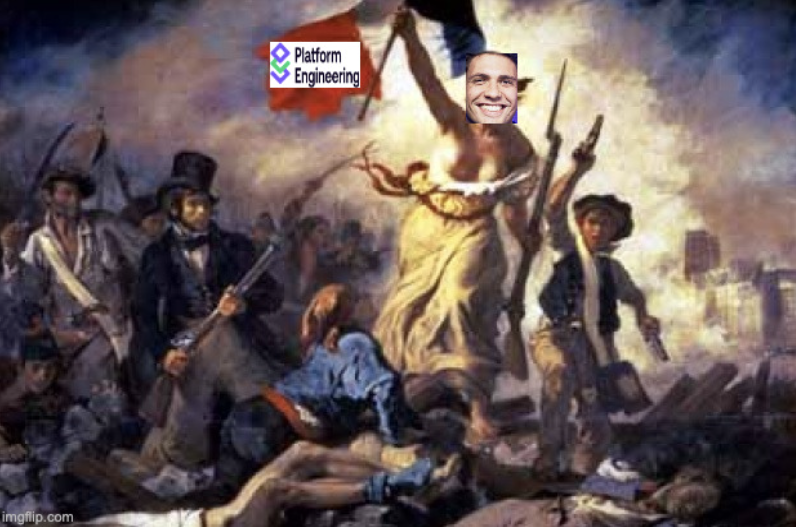
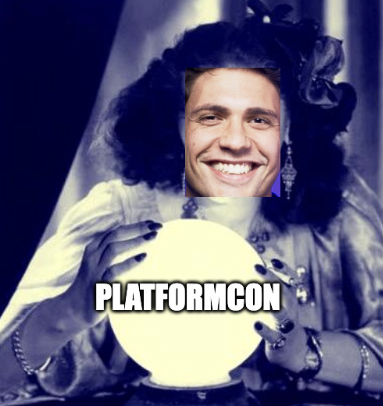
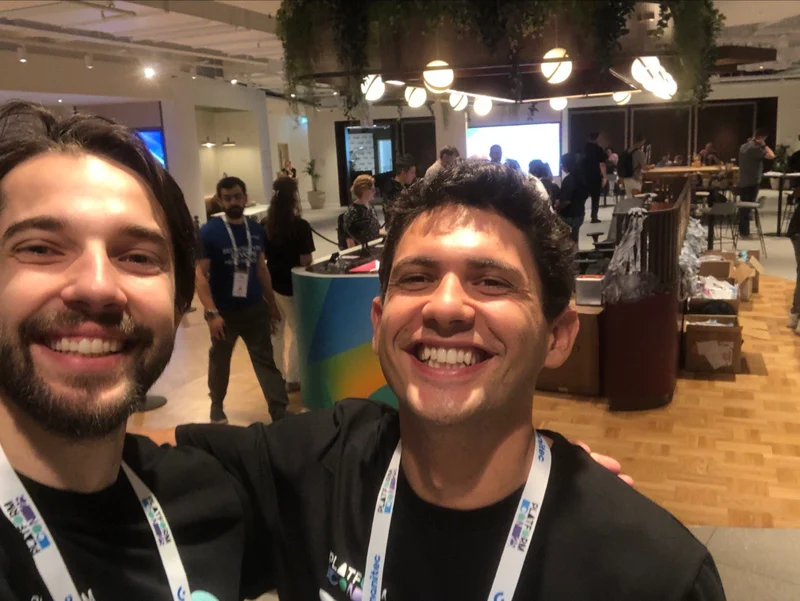

.webp)
.webp)

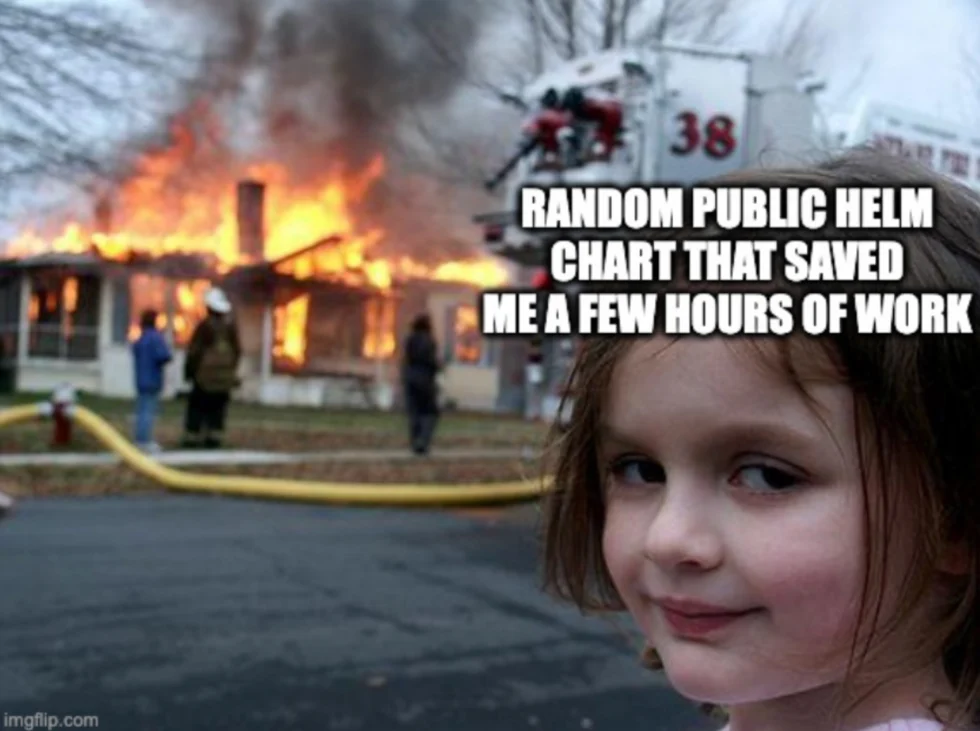

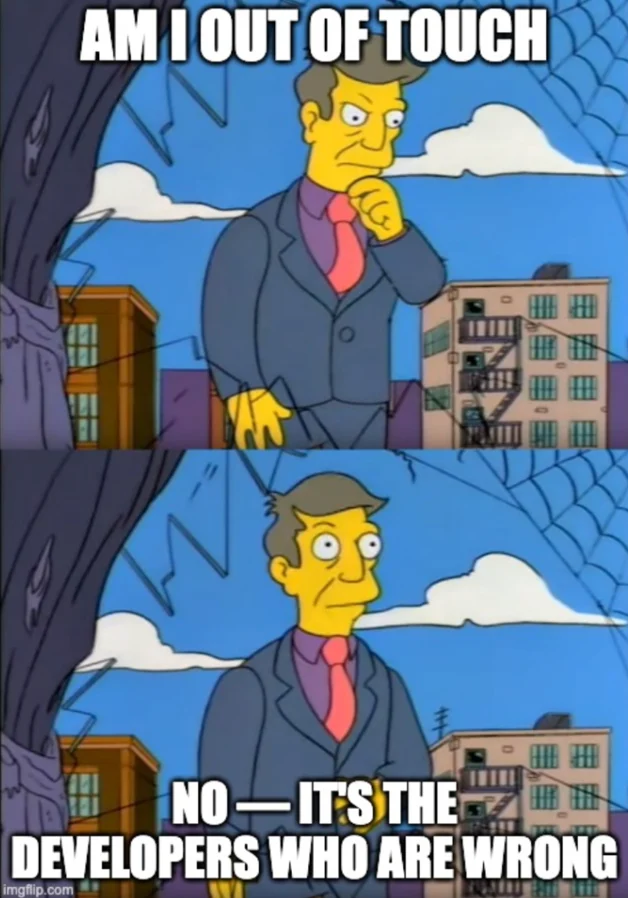
.webp)
.webp)
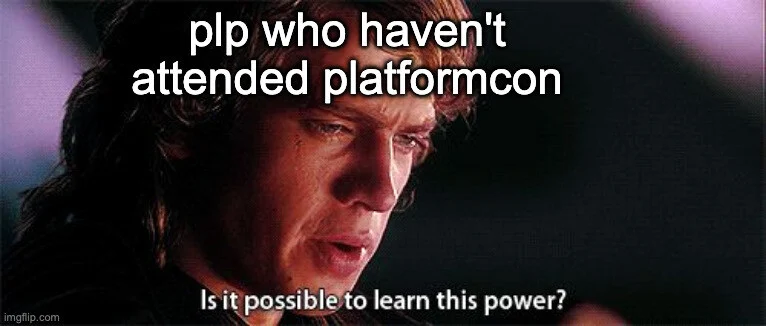
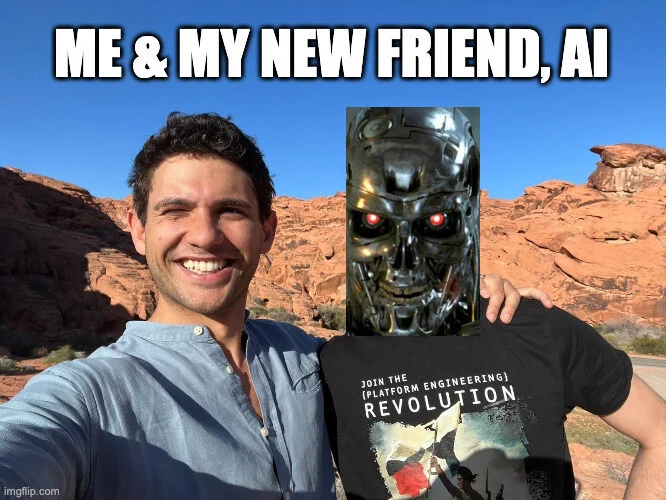
.webp)
.webp)
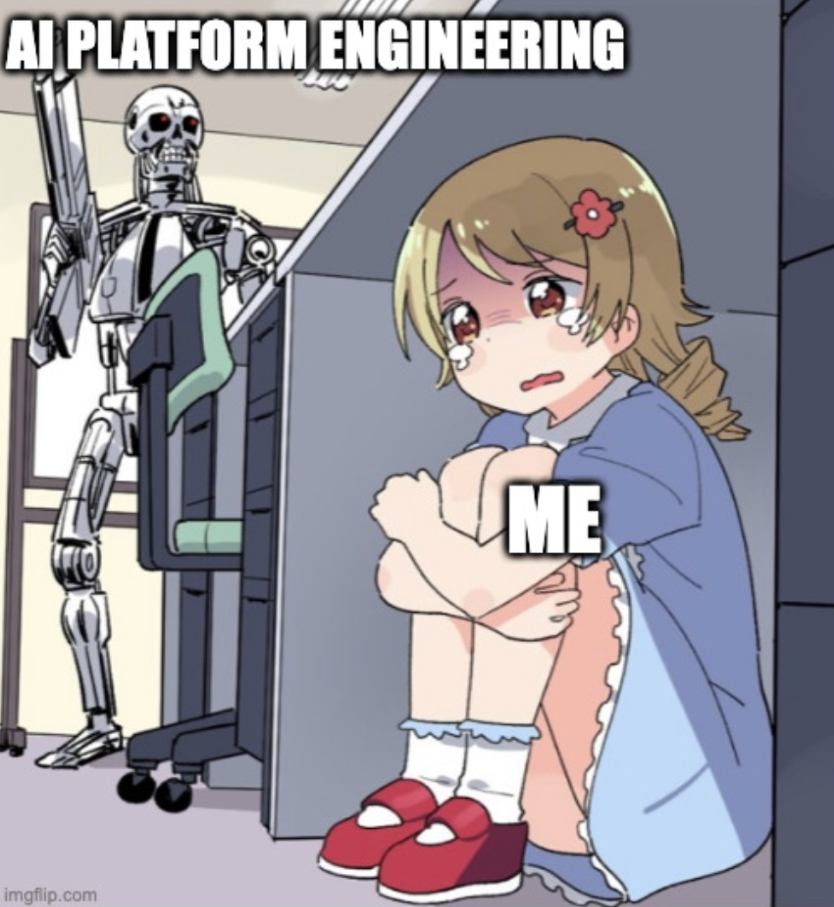
.webp)


-1.webp)














.jpg)
.jpg)
.jpg)
.jpg)
.png)
.jpg)
.png)
.jpg)
.jpg)
.jpg)


.jpg)
.jpg)
.jpg)
.jpg)
.jpg)
.png)
.jpg)
.jpg)
.jpg)
.jpg)
.jpg)
.jpg)
.png)
.jpg)
.jpg)
.jpg)
.jpg)
.jpg)




